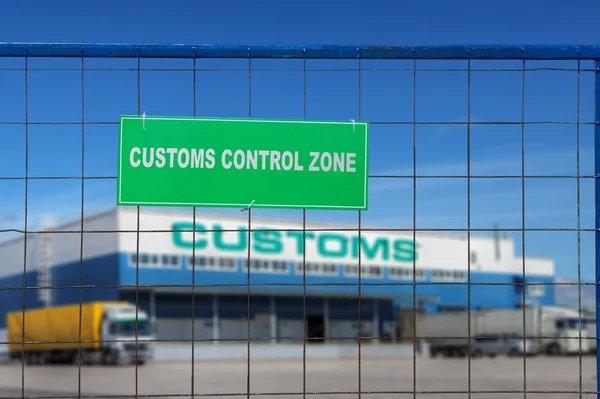
A customs warehouse is a facility authorized by the Spanish Tax Agency where non-EU goods can be stored without immediately paying import duties or VAT until they are released for free circulation or re-exported.
This system allows companies to defer tax payments and optimize international supply chain operations, making it a strategic tool for importers, exporters, and logistics operators.
In Valencia, one of the leading logistics hubs in the Mediterranean, customs warehouses are key for companies dealing with maritime, land, and air freight.
Types of customs warehouses
According to the Union Customs Code (UCC), there are several types of customs warehouses based on ownership and usage:
- Public warehouse: available to any person or company authorized to use it.
- Private warehouse: used exclusively for goods belonging to the warehouse holder.
Tax and operational advantages of customs warehousing
Using a customs warehouse provides significant fiscal and operational benefits, including:
- Suspension of import duties and VAT until goods are released.
- Improved cash flow by deferring tax payments until sale or distribution.
- Re-exportation without taxes if the goods do not enter the EU market.
- Authorized handling operations (labelling, repackaging, sorting, etc.).
- Centralized logistics management and greater operational flexibility in Valencia.
Requirements and procedure to obtain customs warehouse authorization
To operate a customs warehouse, a company must:
- Apply for authorization from the Spanish Tax Agency (Department of Customs and Excise).
- Demonstrate financial and professional reliability, and maintain secure facilities.
- Implement IT and traceability systems that enable full goods tracking.
- Comply with the Union Customs Code (UCC) and Delegated Regulation (EU) 2015/2446.
Differences between customs warehouse, bonded warehouse, and free zone
Although often confused, these are different customs regimes:
- Customs warehouse: non-EU goods; full suspension of duties and VAT.
- Bonded warehouse (DDA in Spain): EU or released goods; partial suspension or VAT exemption.
- Free zone: designated area where goods enjoy broader customs and tax benefits.
Customs warehousing in Valencia: strategic location and logistics advantages
Valencia is one of the main customs and logistics centers in the Mediterranean. Its world-class port, intermodal transport network (road, rail, and sea), and advanced customs infrastructure make it the best location for a customs warehouse in Spain.
Specific advantages of Valencia include:
- Direct connections to over 1,000 international ports.
- Modern logistics infrastructure close to the port and airport.
- Availability of specialized customs and logistics operators.
- Competitive operating costs compared to other European hubs.
How Real Benlloch can help
At Real Benlloch, we have extensive experience in customs warehouse management in Valencia, offering tailored advisory, representation, and operational services for companies seeking to optimize their international logistics.
Our team of customs, logistics, and international taxation experts can help you:
- Apply for and obtain customs warehouse authorization.
- Implement an IT and documentation control system compliant with the UCC.
- Design an efficient tax and logistics strategy for your imports and exports.
- Ensure full compliance with EU customs and regulatory requirements.
Conclusion
A customs warehouse is an essential tool for importers, exporters, and freight forwarders. It enables tax savings, greater flexibility, and enhanced competitiveness in international trade.
If your company is looking for efficient and compliant customs management in Valencia, Real Benlloch is your trusted partner.
Want to optimize your customs operations in Valencia?
Contact us today — we’ll help you design the best solution for your business.


